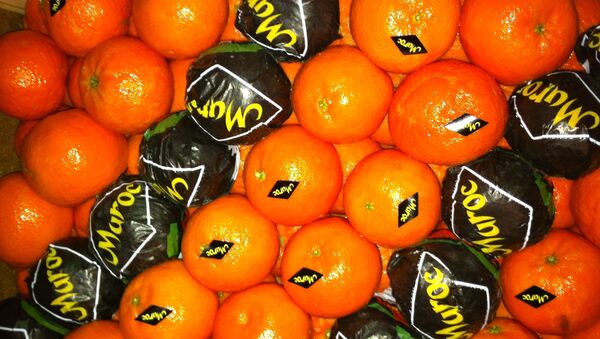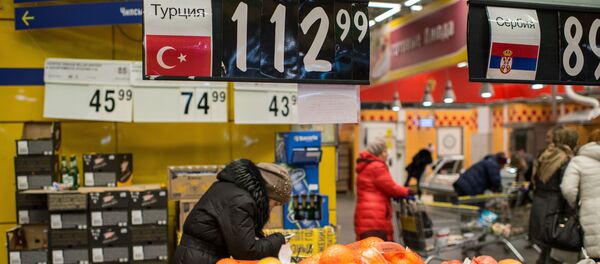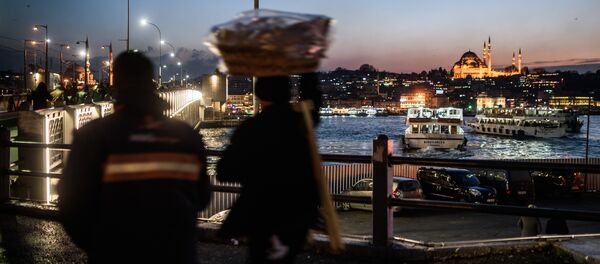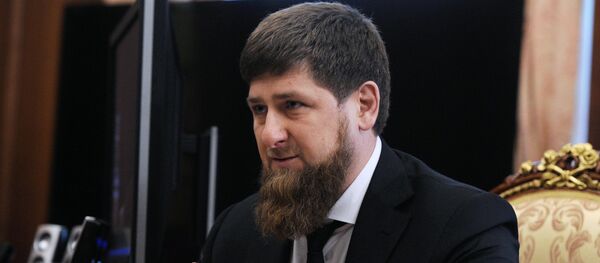A total of 17 categories of Turkish products have been banned in Russia since January 1, 2016, including tomatoes, tangerines, grapes, apricots, strawberries, peaches and nectarines.
In this vein, Morocco has become Russia's top supplier of substitute products from these categories, according to RBK, which cited China and Pakistan as two other key beneficiaries.
Morocco is now Russia's number one supplier of tomatoes and tangerines to Russia; exports were worth 51.7 million dollars and 51 million dollars, respectively, in January and February 2016, RBK said.
As a result, Morocco has led the pack of countries supplying Russians with tomatoes and tangerines, RBK said, also citing Dixy's working relationships with suppliers from Egypt, Israel, Pakistan, South Africa and Argentina.
In addition, the company is negotiating with sellers from Iran, which is expected to deliver cucumbers, tomatoes, squash, kiwis, apricots, peaches, plums and grapes to Russia in the near future.
Dixy is also in talks with suppliers from Israel, Serbia and ex-Soviet republics such as Uzbekistan, RBK concluded. The countries of the EU cannot export produce to Russia because of counter-sanctions introduced in 2014, when the United States and a group of its allies accused Russia of instigating the war in eastern Ukraine's Donbass region despite Moscow denying involvement.
On January 1, Russia updated the list of restrictions by banning Turkish construction companies, architecture firms, travel agencies and hotel chains from doing business in Russia.





